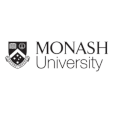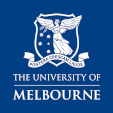Abstract project
Background
The therapeutic role of relationships and exchanges outside the clinical encounter has attracted relatively limited study, which have focused primarily on patient-patient communications. These investigations have shown that such interactions may play an important clinical role and may extend to include staff and family members (5-8). Furthermore, they can vary in many aspects: may exist only briefly or they may endure to become a structured collective, and they may serve multiple purposes, including therapeutic, supportive, educational and social. They are often an inescapable part of the hospital experience, in contrast to structured support groups that have historically had low participation rates (9). The current focus on the notion of ‘patient centred care’ draws explicit attention to the ways in which patients are situated within networks or communities of care.
Aim
This study proposes the novel idea that “informal communities” play an important role in cancer treatment settings, and it seeks to explore their nature, structure, role and impact.Methods - This study will follow a multiphase design that draws on theoretical and practical resources from several disciplines, including philosophy, ethics, social science and anthropological research, and clinical practice. The project will set out a conceptual framework, undertake qualitative data collection and analysis, and then propose and test the practical applicability of the findings.
Results
To facilitate the exploration of informal communities a post-modern epistemological position was considered the most appropriate; focusing on the formal structures of health provision and communities, and the formal medical discourse. The ethnography study was completed with data collected over 14 months, and the interview study involved 31 participants. Participants (patients, staff and visitors) frequently accessed the informal domain, perceiving an array of meanings and outcomes related to these interactions. Results are currently being written-up.



